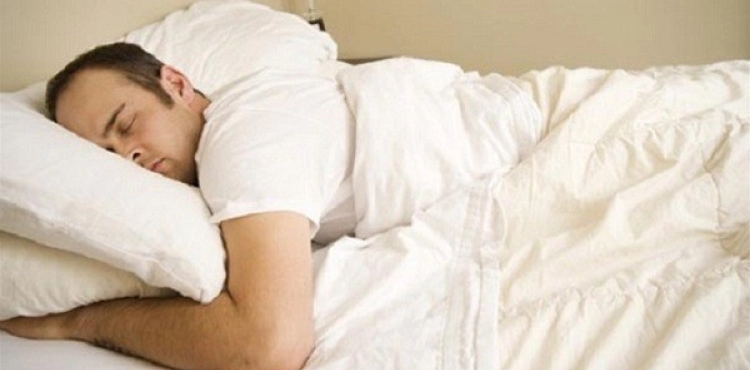Washington _ Agencies
New studies and researches indicate that "over-sleep", i.e., the rate of hours recommended for sleep, seven or eight hours per night, may lead to the risk of premature death.
The researchers analyzed data from 74 studies involving more than 3 million people and found that people with a minimum of 10 hours of daily sleep are more likely to die early than 30% of those who sleep 8 hours a day.
The study found that there was a relationship between sleeping for more than 10 hours and the risk of dying from various causes, indicating a 56% high incidence of cardiac arrest and a 49% increase in death due to cardiovascular diseases for people who slept for a long time.
The researchers published their studies in the latest issue of the scientific journal "American Association for Heart Health" (with a verbatim translation).
The study, carried out in collaboration with researchers from various international universities such as the "Limids" and "Manetner" and "angist", said that the search was limited, as the rates of sleeping hours covered by the data were grouped according to the volunteers ´ claims, without effective monitoring. In addition, basic psychological or physical conditions may have had an effect on extreme sleep patterns. "
Researchers said that their studies suggest that abnormal sleep can be a "sign of high blood and cardiovascular disease," and said doctors should direct patients with this type of disease to questions about sleep patterns.
The leader of the research team, Dr. Chun Xing Kuoc, from the University of "Kiel", Department of Medical Science and technology, said that "there are a satisfactory and environmental cultural, social, psychological, behavioural and physiological effects on our sleep, such as the need to care for children or family members, and patterns of work with irregular shifts, Physical or mental illnesses, and the availability of goods 24 hours a day in the modern era. "












